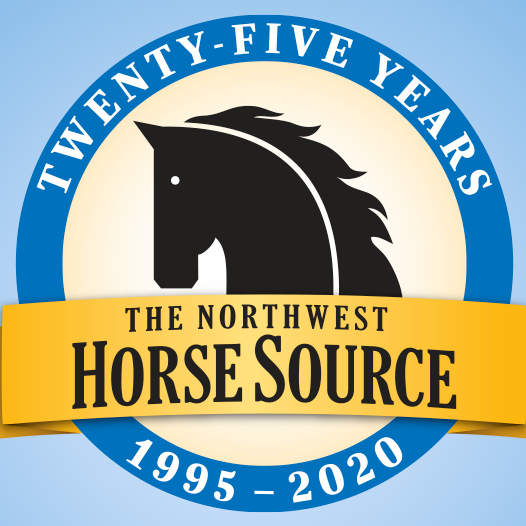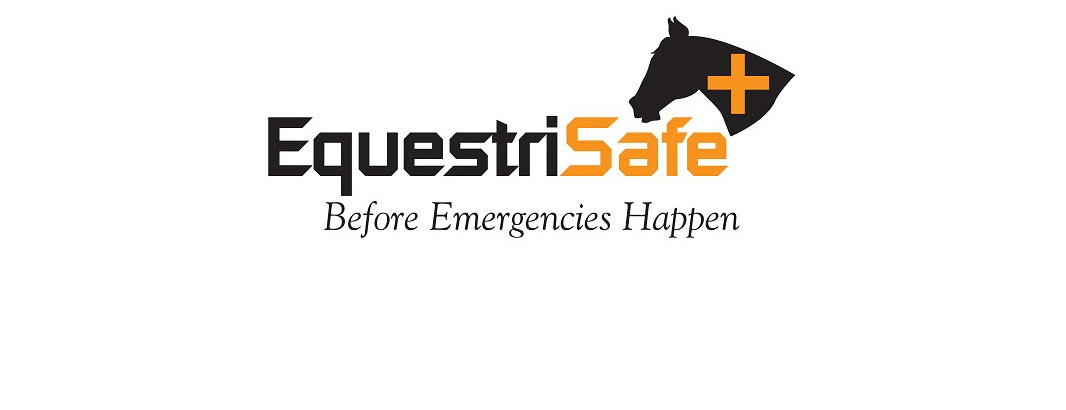Towing a trailer is not as easy as simply hitching it up to your vehicle and taking off. There are a number of factors that you’ll have to take into consideration before you’re ready to hitch a trailer up to your vehicle, and the information we’ve provided in this article will help you make the best selection when it comes to choosing the appropriate equipment to match your towing needs.
Before you can pick out a trailer hitch, however, you need to realize that the hitch alone will not give you the ability to tow – you’ll need some additional towing components, including a trailer ball and ball mount, wiring, and safety chains.
Here are some terms you’ll want to be familiar with in order to select the appropriate hitch for your towing needs.
Gross Combination Weight Rating (GCWR)
Set forth by the tow vehicle’s manufacturer, this is the maximum weight limit allowed for towing for the combination of tow vehicle and trailer, including the weights of your cargo, safety equipment, passengers, and fuel.
You can find this information in your tow vehicle’s owner’s manual.
Gross Trailer Weight (GTW)
This is the actual weight of the fully loaded trailer, including the weight of all its cargo, fluids including fuel, and safety equipment such as straps, cargo nets, and wheel chocks.
The best way to determine GTW is by weighing your fully loaded trailer on a truck scale, but if that is not an option, you can add up the weights of the cargo, fluids, and safety equipment with the weight of the trailer itself (which you can find in the trailer’s owner’s manual). When in doubt, it is safest to round this figure up.
Hitch Class
Hitches are classified by their maximum weight capacity rating and receiver opening size. Classes range from I (lowest weight capacity and smallest opening size) to V (highest weight capacity and largest opening size), and each class has its own unique capacities and applications, which are explained below.
If you don’t know what class of hitch you have installed on your vehicle, you can check the label on the hitch or the owner’s manual.
Tongue Weight
This is the amount of the trailer’s weight that is exerted downward onto the hitch of the tow vehicle by the tongue of the trailer. In general, tongue weight should not be more than 10% of the GTW.
If you tow often, it may be beneficial to purchase a specialized scale to measure tongue weight. Many trailer dealers offer such scales. If you do not tow often, your trailer dealer may be willing to measure your tongue weight for you.
For trailers with a tongue weight of less than 300 lbs, you can measure the tongue weight with a common bathroom scale. You’ll need to set it up as it is in the diagram below.
When using this setup to measure your trailer’s tongue weight, triple the number that the scale gives you. This will provide an accurate measurement.
Tongue Weight Capacity
This is the amount of weight that the tow vehicle can withstand exerted downward onto the hitch from the tongue of the trailer.
You can find this information in your tow vehicle’s owner’s manual.


